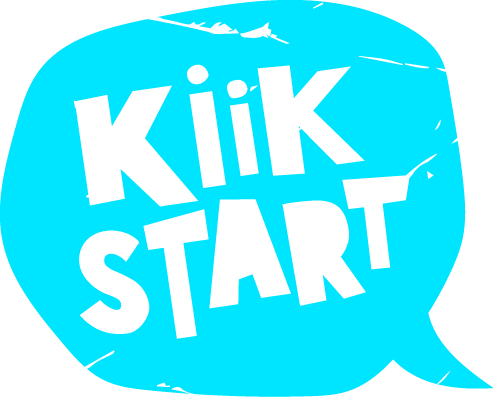Get out of your own way!

Could your ego be killing your business?
A certain amount of ego is needed to build any successful business. It can bring you the confidence and resilience to persist, even when the odds are stacked against you, and to pick yourself up and keep going after failures and setbacks.
But too much ego can have a converse effect. In extreme cases, it can even kill a business.
Writing for entrepreneur.com, Virtugroup chairman Neil Petch says big egos are responsible for poor financial performance, equating to an estimated loss of 6-15% of annual revenue.
At Kiikstart we like to say that if you want to get stuff done, you need to get out of your own way! But the line between a healthy sense of self and an ego that is negative and counter-productive can be a fine one.
Below I’ve outlined a few of the ways that your ego could be damaging your business – and ways to turn it around.
Failing to listen
Too much ego often means we think we have all the answers, and can come to think we’re right regardless of the facts. But as Neil Petch says, “a one-way, top-down communication style will also mean that there are missed opportunities”. It creates a culture where your team may stop sharing and generating ideas.
Turn it around: Be open-minded and receptive to new ideas. Good leaders ask for insights from those who add value – and take this feedback on board to make better decisions and get better outcomes.
Hiding from failure
To quote Eckhart Tolle, “The ego is very vulnerable and insecure, and it sees itself as constantly under threat.” So too much ego can lead to false pride, causing us to avoid – and even refuse to acknowledge -our failures.
Turn it around: Talk about your failures and learnings. Be open to reviewing your personal performance, and own your mistakes, even if that means acknowledging your mistakes in front of your team and clients. Great business takes courage!
Overlooking your team’s successes
Leaders with too much ego spend too much time looking inward, and not enough time giving credit to others where it’s due. This can cause some leaders to take undue credit for others’ ideas and efforts, or fail to recognise the efforts of others in their team.
Turn it around: Getting the best out of your team means openly acknowledging, celebrating and rewarding their success. Be sure to give credit where it’s due.
Making it about ‘me’ not ‘we’
Personal ambition is fine, but this shouldn’t be at the expense of the business. The primary focus should always be on building your company and responding to the needs of your team and your customers. When taken too far, career and workplace expert Patti Johnson says a “drive for personal recognition and success … can distract you from doing important work that’s much bigger than you”.
Turn it around: The best leaders are open to new ideas, happy to seek input, and willing to share their knowledge. Sprinkle useful insights like fairy dust to those that are open to it – and put your team, your customer and your mission as a business ahead of personal interests.
An inability to recognise personal skill gaps
This is a particularly dangerous shortcoming that business leaders with an inflated ego face. An inability to recognise our own skill gaps means we won’t take the advice we need on board, and can also fail to delegate effectively. Consequently, some leaders can underestimate challenges that their business faces.
Turn it around: Remember that no-one has all of the answers, and no-one excels at everything. I don’t like the term weaknesses, but we do all have skill gaps, so undertake an honest and insightful critique of your skill gaps, and outsource to people who excel in these areas. Be prepared to invest money in responding to these skill gaps where it is relevant to your business and wellbeing. Also be prepared to say no to opportunities that aren’t the right fit.
So keep your ego in check and get out of your own way!
Remember that a leader’s personality and ego is a powerful tool. Cultivate positive working relationships by listening, putting your team first, and acknowledging success. Stay humble, and recognise your own failures and skill gaps. Your business will see the benefits.
Article provided by Ali Uren, Director of Kiikstart